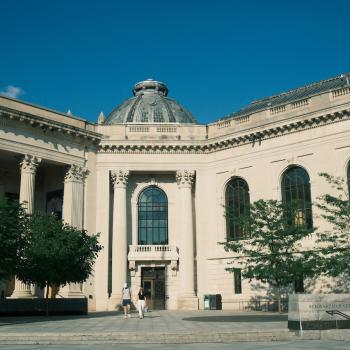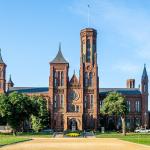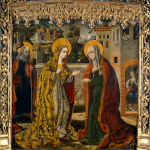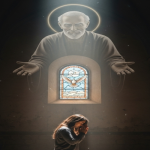“Clericalism” is a hot-button issue. Throughout his pontificate, Pope Francis criticized clericalism. Clericalism is an “exaggeration of the role of the clergy to the detriment of the laity. In a culture of clericalism, clerics are put on a pedestal and the laity are overly deferential and submissive to them” (Bishop Thomas Zinkula, “Bishop Addresses Issue of Clericalism.” The Catholic Messenger). He invited priests to reflect on their role as leaders in the Church. He opened up opportunities for non-clergy to participate in governance. Perhaps, it would also be helpful to reflect on the reform of the liturgy. How could that help the Church climb out of a pit of clericalism and fulfill its basic mission of proclaiming the Gospel? Will Pope Leo XIV continue in the line of Pope Francis in seeing liturgical practices as an exhibition of clericalism?
Calling out Priests
Pope Francis responded to what he saw as a major danger in the Church, particularly by calling out priests and adjusting the Church’s governing structures. Already, in his 2013 encyclical Evangelii Gaudium, he warned pastors of the dangers of clericalism.
Lay people are, put simply, the vast majority of the people of God. The minority – ordained ministers – are at their service. There has been a growing awareness of the identity and mission of the laity in the Church (Pope Francis, Evangelii Gaudium, 102).
He took advantage of one of his last homilies to again cry out against clericalism.
For us priests, the Jubilee year thus represents a specific summons to a new beginning on our path of conversion. As pilgrims of hope, we are called to leave clericalism behind and to become heralds of hope. Naturally, if Jesus is the Alpha and Omega of our lives, we too may encounter the dissent he experienced in Nazareth. The shepherd who loves his people does not seek consensus and approval at any cost. Yet the fidelity of love changes hearts (Pope Francis, Chrism Mass Homily, 17 April 2025).
Facing dissent calls Church leaders to do their best to build up a consensus. Beyond calling out to priests to invite them to reflect on their mode of governance, he set an example by opening up pathways for non-clergy to be more involved in decision-making in the Church.
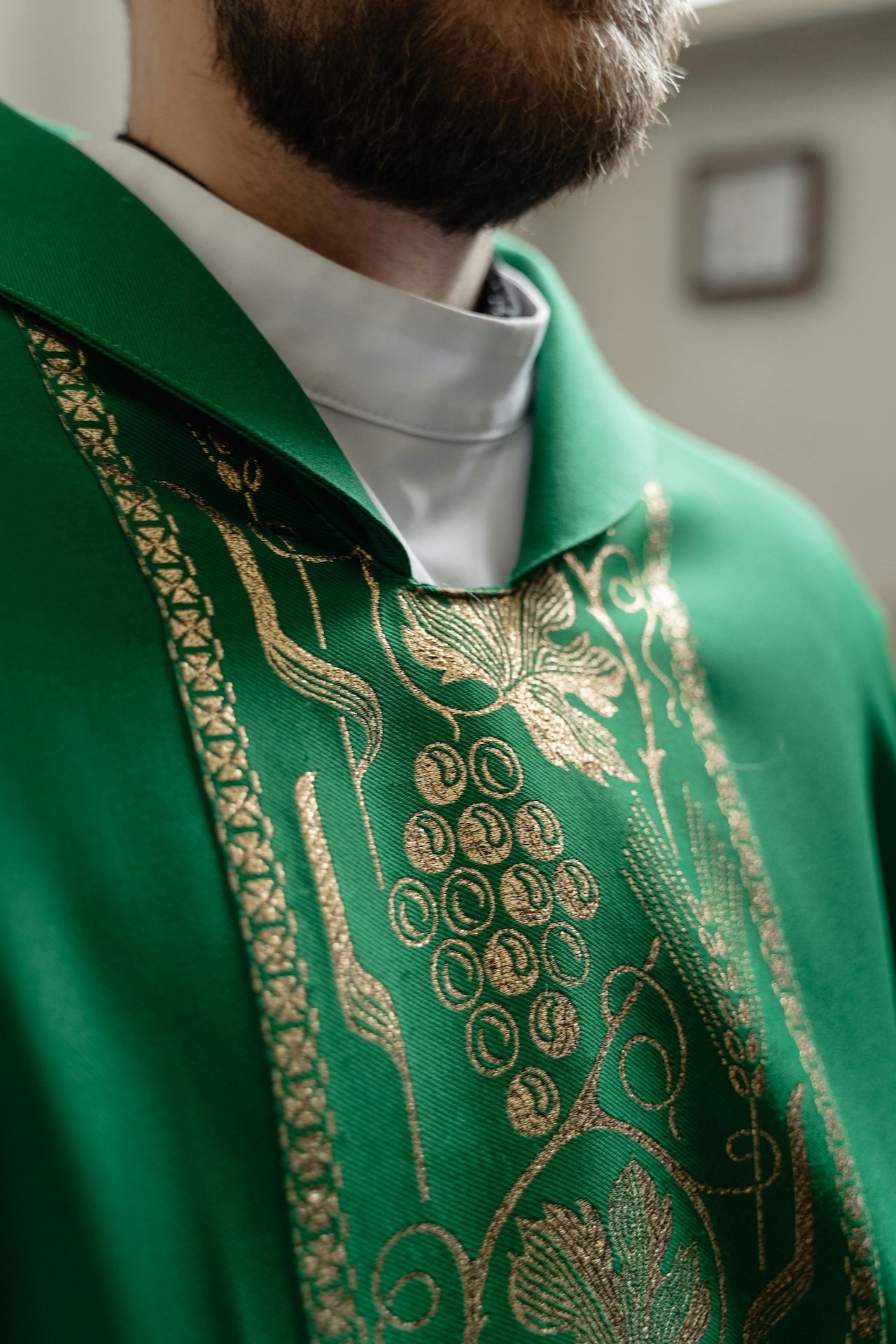
Opening Up New Paths to Decision-Making
With the Apostolic Constitution Praedicate Evangelium, Pope Francis reorganized the structure of the Roman Curia, the “government” that works with the Pope to carry out his duties in regard to the Universal Church. He eliminated the difference between Pontifical Councils and Congregations, establishing instead sixteen Dicasteries. By doing so, he changed the dispositions laid down by Pope John Paul II in his 1988 Constitution, Pastor Bonus, which established that top Vatican offices would be headed by cardinals or archbishops. With this move, he made it possible for anyone to head up a Dicastery, although it is still appropriate for cardinals to head some dicasteries, especially when there is authority over clerics (cf. “Understanding the Vatican Novel Leadership Structure of a Pro-Prefect and a Nun”).
He followed up the change in structure by naming Sister Simona Brambila as the head of the Dicastery for Institutes of Consecrated Life and Societies of Apostolic Life and successively Sister Raffaella Petrini to head the Governorate of Vatican City State. In a very practical way, he made women part of important decision-making processes within the Vatican. This goes in line with one of the major pastoral initiatives of his papacy, the Synod on Synodality.
Pope Francis on Synodality
When speaking of the Synod to the faithful of Rome, Pope Francis stated
In this Synod, we want to get to the point where we can say, “it seemed good to the Holy Spirit and to us”, for, guided by the Holy Spirit, you will be in constant dialogue among yourselves, but also in dialogue with the Holy Spirit. Remember those words: “It seemed good to the Holy Spirit and to us not to place on you any burden…” “It seemed good to the Holy Spirit and to us”. That is how you should try to discuss things at every stage of this synodal process. Without the Holy Spirit, this will be a kind of diocesan parliament, but not a Synod. We are not holding a diocesan parliament, examining this or that question, but making a journey of listening to one another and to the Holy Spirit, discussing yes, but discussing with the Holy Spirit, which is a way of praying (Pope Francis, Address to the Faithful of the Diocese of Rome, 18 September 2021).
While struggling to govern the Church in Germany with the “Synodal Way,” Pope Francis promoted a synodal process in the whole Church and with the Synod of bishops, looking for more participation from the lay faithful to give input for his own governance. Modifying the government of the Church and instituting a synodal process would be his contributions to combating clericalism.
Is clericalism one of the main challenges for Pope Leo XIV? Will he continue the reforms to government and the synodal path marked out by his predecessor?
Make sure to check out part 2 next week.
Subscribe to the newsletter to never miss an article.




